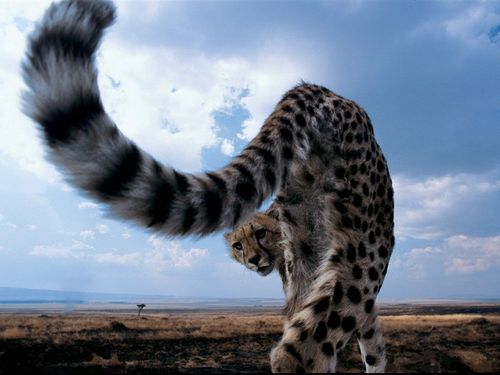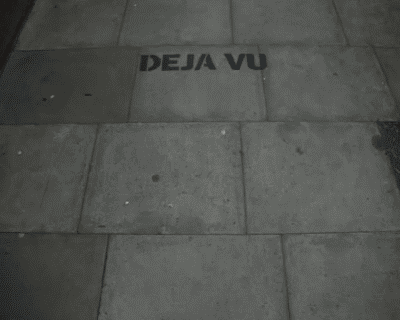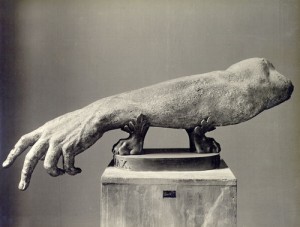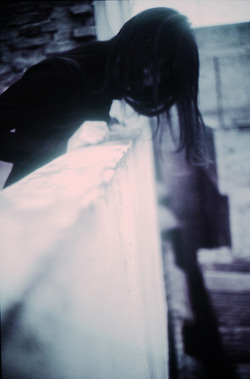A series of talks by Michael Stone about chapter 3 of The Yoga Sutra a text written by mysterious author(s) often named Patanjali in the second century. Notes by MH include reveries and imaginings. Centre of Gravity Fall 2011. www.centreofgravity.org
Somewhere between 100BC-200 CE The Yoga Sutra was written by “Patanjali” a group scene of writing. India holds history through images and stories, not always in strict chronologies, so it’s hard to pin down an exact date.
The Yoga Sutra, Chapter 3, line 17
Chip Hartranft
Word, meaning, and perception tend to get lumped together, each confused with the others; focusing on the distinctions between them with perfect discipline yields insight into the language of all beings.
Matthew Remski and Scott Petri
Deconstructing the blend of sounds, meanings, and intentions gives insight into our shared grammar.
Moment
Arriving here, in this moment, via breathing is to gather attention back into present experience. You can only experience your life moment to moment. Even if you’re contemplating the future or the past, it can only happen in a moment of present experience. The present moment is always local and more than human – it includes the timeless part of our life not governed by language. The soil is breathing, the squirrels are breathing, the leaves are turning – there’s a lot going on in the non-human realm. When we get beneath our compulsions and obsessions we can tune into this level, and we can do this simply by tuning into the breath.
First Word, First Love
When you meditate on words, meaning or perception you can see them as separate qualities though we tend to lump them together. Your senses are always structuring your experience. When we experience something we ascribe meaning to it in language. When we’re born we use language and start learning how to talk because we love our mother. Perhaps the birth of language and the birth of love arrive together. The language children use is often derived from their parents, from their surroundings, their conditions. Other people’s language becomes your language.
Anyone who is a meditator is also a linguist. In sitting practice one can see the difference between words and experience, how one mediates reality. How we live in a world thoroughly constructed by language. We’re pulling our life through the grids of language. In psychology one might learn how to articulate the core stories of one’s life. And as you start telling them you might feel yourself growing sick of them. I just can’t tell this same story again, I can’t stand it. The job of psychology and meditation is to let new narratives appear so we’re not just tormented by inherited languages, so we can articulate another way of being in our lives.
There is a Zen saying: “Whenever you open your mouth you get mud on your face.” But you have to speak.
Patanjali: I don’t think there is a truth outside subjectivity. Objectivity is like trying to breathe underwater. The self is in the small things: a wedding ring, jawbone, bike seat. The known is only the known in relation to the knower. Everything is relatively absolute. Awakening is a supreme déjà vu.
Painted Rice Cakes
There’s an old Zen saying: “You can’t eat a painting of a rice cake.” The usual interpretation is that a painted rice cake is like language ? it’s not the real thing. This makes language the enemy. It separates what is real and what is not real.
Sometimes I think philosophy arrives a day late. Always late for the party. Poetry arrives first. Like a wave opening before a boat. Dogen says that you can eat painted rice cakes because your hunger is a painted hunger. How to know and accept human limitations?
Dogen
“The paints for painting rice cakes are the same as those used for painting mountains and rivers. For painting mountains and rivers, blue and red paints are used. As for painting rice cakes, flour is used. Thus, they are painted in the same way and they are examined in the same way. The phrase “does not satisfy hunger” means this hunger, not the ordinary matter of 24 hours. Even if you were to eat a painted rice cake, you would never put an end to this hunger. Rice cakes are not separate from hunger. Rice cakes are not separate from rice cakes.
When you try to paint mountains and rivers, you use paints, strange cliffs, grotesque boulders, rare gems and the four treasures – a brush, ink, paper, and inkstone. The manner to draw cakes is like this also. Inasmuch as one draws a scroll picture of a Buddha in such a manner, all the buddhas are the pictured buddhas. All the pictured buddhas are all the buddhas. Examine carefully the pictured buddhas and the pictured cakes.
Thus viewed, birth and death, coming and going, are pictures without exception. Supreme enlightenment is nothing but a picture. As a rule, there is nothing that is not a picture. If you say that a picture is not real, all things are not real. If all things are not real, Dharma is not real either. If Dharma is real, then pictured cakes are real.”
The conclusion Dogen draws is contrary to the traditional interpretation of painted cakes do not satisfy hunger.? He says that pictured cakes alone satisfy hunger. Or, to put it differently, unless we eat the pictured cakes, we can never satisfy our hunger. Dogen goes on to say “Therefore except for the pictured cakes there is no medicine for satisfying hunger.” In other words, you live in a totally constructed world. There is no outside.
Cretan Liar
The old myth says that the Cretan philosopher wakes up one day and realizes that there is another side to whatever he wants to say. He understands that the opposite of what he wants to say is also true. Whatever position he takes there is another that is also true.
The realm of pure awareness or the realm of non-thinking or the realm of the non-human is a lot like looking into a baby’s face. The baby is not thinking. Can we do this with the part of us that’s not thinking? Babies invite you to join them in the realm of non-thinking, before language.
Two Schools
When I was studying psychology there were two competing theories. The French school insisted that all experience is structured by language. Carl Jung believed that the unconscious is structured by images, not by language. Jung worked more with psychotics than with neurotics (for whom language is vital to keep the neurotic spin running). No one has a mystical experience that is not conditioned by their culture.
Language is as real as anything else in the physical world. As practice deepens, touching panels of our experience that isn?t language based, language comes back stronger. When you touch something deep the language part of you wants to make something out of it. When language starts to come apart, ethics can hold us in the maw of interdependence. In sitting practice we enter gaps where there’s not so much branding of experience.
When we sit we enter the hub. We become the hub. When you sit you are right where things turn. When you are present at the hub you have the power to turn things just as they turn around you. Otherwise you are further down the spoke and are being carried. Victim. Pushed. Helpless. Hub comes from hob – the spot in back of a fireplace where a shelf keeps things warm. The poet Philip Whalen uses this term.
Humans need to be taken care of. They need to be seen. They need love. The greatest love is the feeling of being held. When that hasn’t worked for us we have to do some repair work. So meditation is being at the hub where we can begin the repair job. It’s not that old wounds take extra effort. They take what they take. We begin to have confidence in awareness and quiet and then language. Meet the baby. The baby is not thinking. We have so many ways of coping. It takes courage to be still. To become the hub.

Chant
Everyone stands (incense)
Bell leader:
May Buddhas with infinite compassion
Illuminate this endless field (bell)
May (names of ill people) find healing and peace at this time of illness. (bell)
For our great, abiding friends and dharma brothers and sisters (bell) (names of dead)
Who are passing from this world
They have taken a great leap.
The light of this world has faded for them
They have gone into a vast Silence
They are borne away by the Great Ocean of birth and death; (bell)
May they together with all beings, realize the end of suffering,
And the complete unfolding of their Way (bell)
Full bow.




